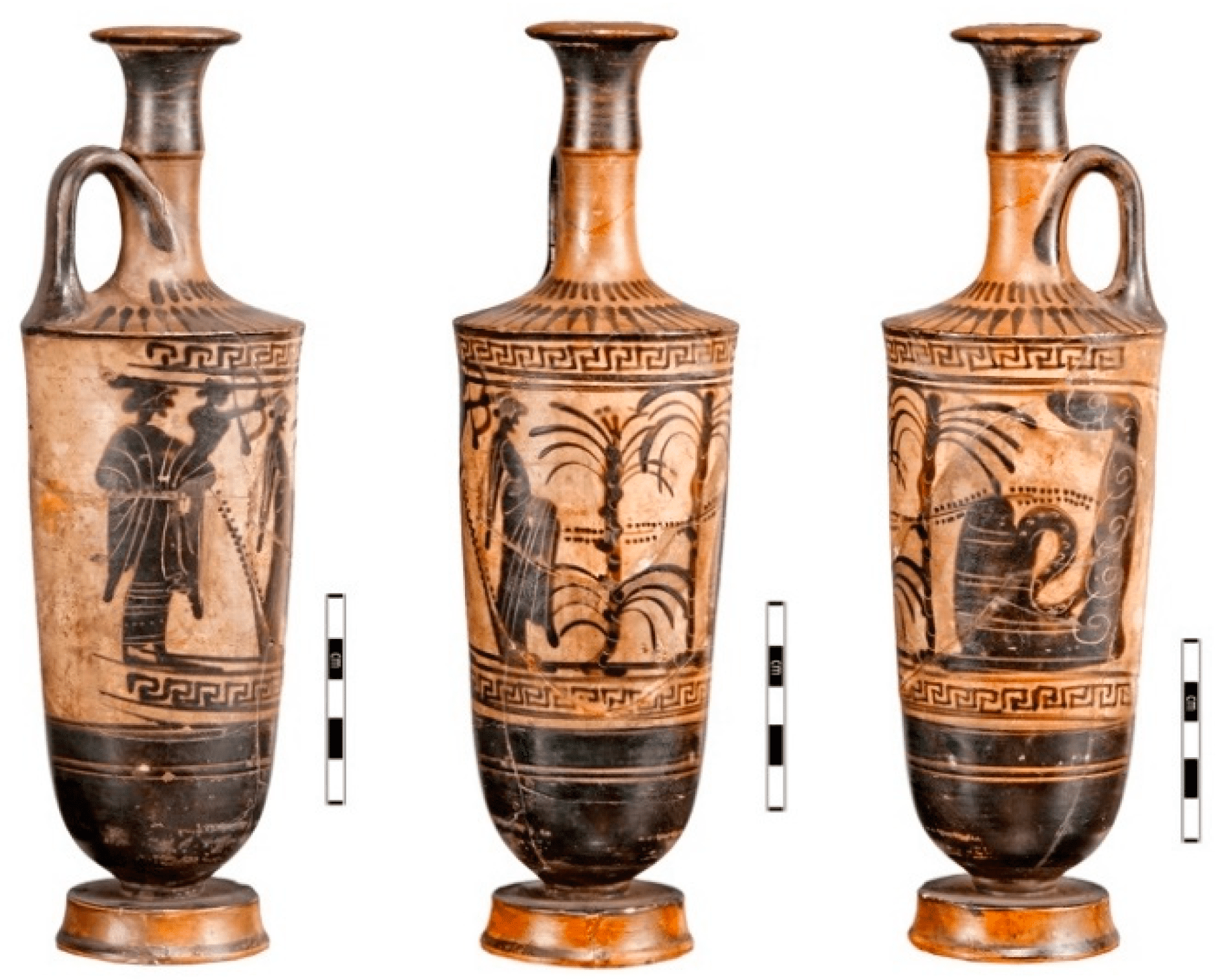This article compares and contrasts the mythologies and philosophies of the ancient Greek and Egyptian civilizations. Both cultures had their own unique pantheon of gods and goddesses, but the Greek pantheon was simpler with 12 prominent gods. While Greek philosophy emphasized reason and rational thinking, Egyptian philosophy focused on balance and harmony. Egyptians believed in the concept of Ma’at, which was the idea of truth, justice, and order. Understanding the similarities and differences between these ancient civilizations provides a greater appreciation for their diverse cultures.
Introduction
The ancient world was filled with diverse cultures, each with its own unique beliefs and traditions. In this article, we will be comparing and contrasting two of the most renowned ancient civilizations: the Greeks and the Egyptians. While they existed in different parts of the world and at different points in history, they shared many commonalities, as well as significant differences, in their mythologies and philosophies.
Mythologies
One of the most significant cultural aspects of ancient civilizations was their mythology. Both the Greeks and the Egyptians had their own pantheon of gods and goddesses, each with their own roles, stories, and attributes.
Greek Mythology
Greek mythology features a pantheon of twelve gods and goddesses, each with their own unique personality and powers. The most well-known gods are Zeus, Poseidon, and Hades, who are the rulers of the sky, the sea, and the underworld respectively. There are also several goddesses, including Athena, goddess of wisdom and warfare, and Aphrodite, goddess of love and beauty. The Greeks believed that these gods controlled every aspect of human life, from birth to death and everything in between. They would often turn to these gods for guidance and help in times of need.
Egyptian Mythology
Egyptian mythology, on the other hand, features a more complex pantheon of gods and goddesses that evolved over time. One of the most important gods was Ra, the sun god, who was believed to have created the world. Other important gods included Osiris, the god of the afterlife, and Anubis, the god of mummification. Egyptians believed that by honoring these gods, they could achieve eternal life in the afterlife.
Philosophies
In addition to their mythologies, the Greeks and the Egyptians had different philosophical beliefs and ideas, which influenced their cultures and ways of life.
Greek Philosophy
Greek philosophy was centered around the idea of reason and rational thinking. They believed that the universe was ordered and could be understood through observation and logic. Greek philosophers, such as Plato and Aristotle, were some of the most influential thinkers in history, and their ideas continue to shape Western thought today. Greek philosophy also placed a strong emphasis on the importance of human beings and their ability to create their own destiny through their choices and actions.
Egyptian Philosophy
Egyptian philosophy was more focused on the idea of balance and harmony. They believed that everything in the universe was interconnected and that maintaining that balance was crucial for a peaceful existence. Egyptians also believed in the concept of Ma’at, which was the idea of truth, justice, and order. Living in accordance with Ma’at was believed to bring individuals closer to the gods and ensure a good afterlife.
Conclusion
While the Greeks and the Egyptians had some similarities in their mythologies and philosophies, they also had significant differences. Greek mythology was characterized by its pantheon of twelve gods and goddesses, while Egyptian mythology was more complex and evolved over time. Greek philosophy placed a strong emphasis on reason and rational thinking, while Egyptian philosophy focused on balance and harmony. Understanding these differences and similarities can give us a greater appreciation for the diverse cultures of the ancient world.
